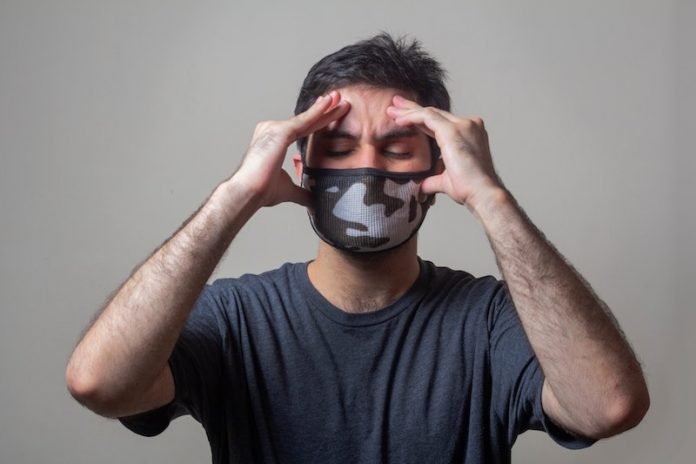
COVID-19 symptoms can sometimes persist for months.
The virus can damage the lungs, heart and brain, which increases the risk of long-term health problems.
Most people who have COVID-19 recover completely within a few weeks.
But some people — even those who had mild versions of the disease — continue to experience symptoms after their initial recovery.
These health issues are called long COVID-19 conditions. They’re generally considered to be effects of COVID-19 that persist for more than four weeks after you’ve been diagnosed with the COVID-19 virus.
Older people and people with many serious medical conditions are the most likely to experience lingering COVID-19 symptoms, but even young, otherwise healthy people can feel unwell for weeks to months after infection.
This video talks about what long COVID is and how people can avoid it.
The symptoms of long COVID are many, can extend beyond a year and can be debilitating. To protect yourself, get vaccinated.
Disclaimer: Any information on diseases and treatments available at this video is intended for general guidance only and must never be considered a substitute for the advice provided by your doctor or other qualified healthcare professional.
Always seek the advice of your physician or other qualified health care professional with questions you may have regarding your medical condition.
If you care about Covid, please read studies about the cause of severe disease and death in COVID-19, and the most effective face-mask practices to reduce spread of COVID-19.
Source: Australian Academy of Science



